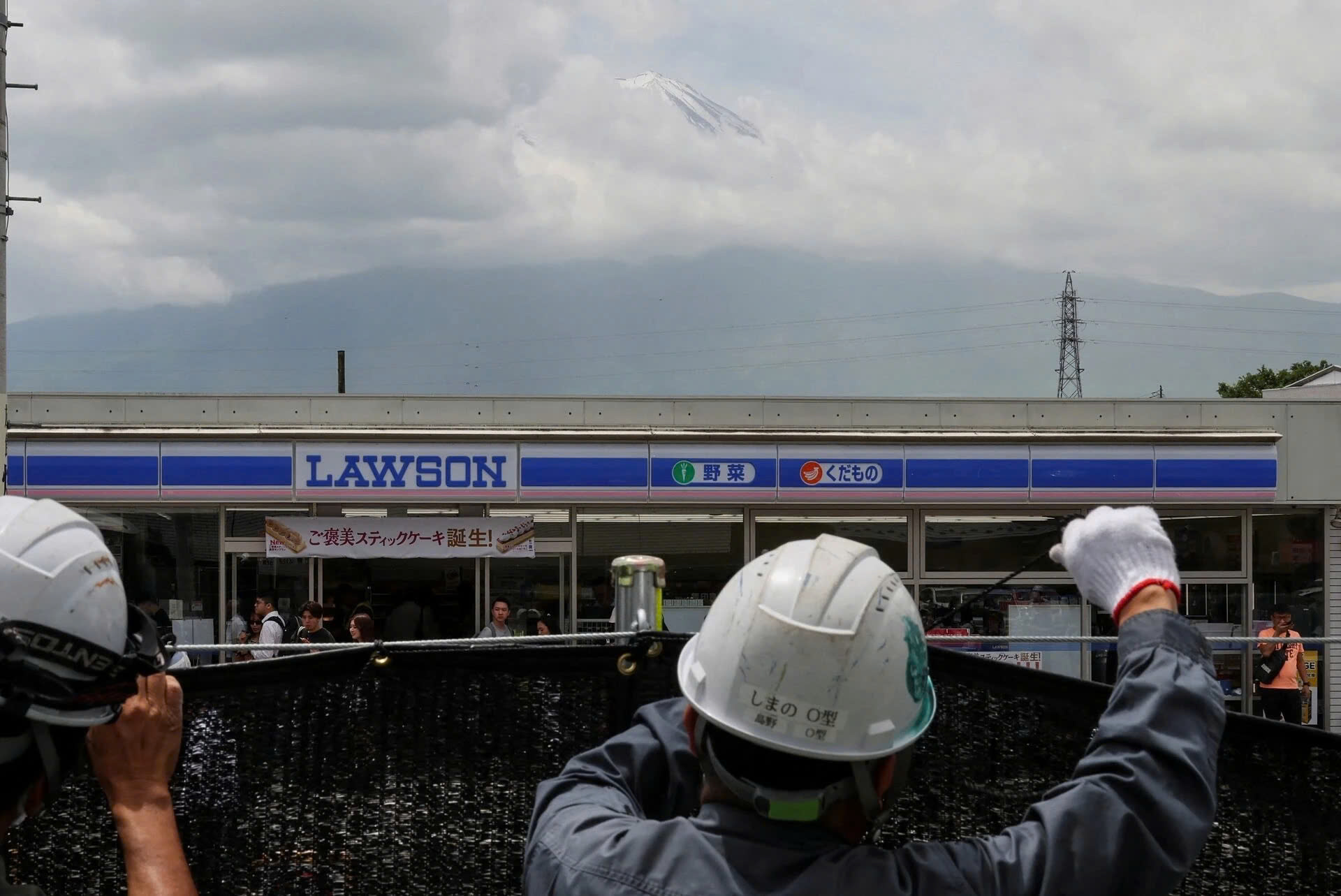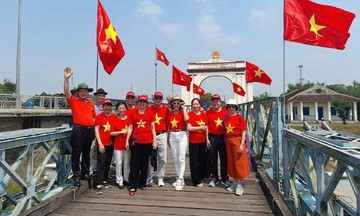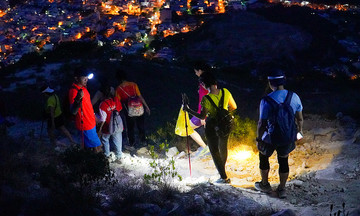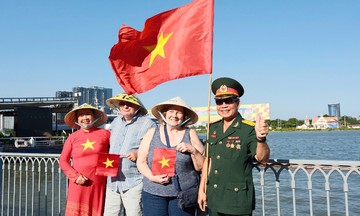An Australian tourist, Jones, faced severe backlash after posting a video of himself drinking a can of juice left as an offering on a tombstone in a Japanese cemetery. The juice was intended as a tribute to ancestors. Before consuming the drink, Jones flipped a coin to decide whether or not to open it. After drinking it, he burped in front of the tombstone.
 |
Screenshot from the video of the Australian tourist drinking the juice left on a grave in a Japanese cemetery. Source: *Independent* |
The video, posted last month, quickly drew intense criticism. "Cemeteries are sacred places in any country. I want the authorities to ensure he never sets foot in Japan again," one commenter wrote.
On 3/9, the Australian Embassy in Japan issued a social media statement urging citizens to "behave appropriately" while traveling, though it didn't directly reference the incident. The embassy affirmed its close collaboration with Japanese authorities to ensure Australian tourists comply with local laws and regulations. Jones later posted an apology video on social media.
This isn't the first time foreign tourists have sought online notoriety through disrespectful behavior in Japan. A month earlier, Japanese police arrested 23-year-old American citizen Ismael Ramsey Khalid, also known as "Johnny Somali", for allegedly trespassing on a construction site. In a video, Khalid, wearing a mask, repeatedly yelled "Fukushima," referencing the nuclear disaster, when workers asked him to leave. In another video, he harassed train passengers with remarks about the 1945 US atomic bombings of Japan.
 |
Workers erect barriers to block the view at a Mount Fuji photo spot in 2024. Photo: *Reuters*. |
In 2023, YouTuber Fidias, with 2.4 million followers, posted a video of himself and his friends riding trains across Japan without paying fares.
With a record number of international tourists visiting Japan, many locals have expressed frustration over the inconsiderate behavior of some visitors. Last year, authorities in a town near Mount Fuji erected a large barrier at a popular photo spot near a convenience store to prevent tourists from spilling onto the road to take pictures. The historic Gion district in Kyoto has also taken steps to prevent tourists from photographing geisha in restricted areas. Japan has long issued etiquette guidelines and warned international visitors about culturally insensitive behavior.
In Jeju Island, South Korea, authorities recently released a multilingual guide providing information for international visitors on local regulations and customs, including penalties for smoking in prohibited areas, jaywalking, littering, or causing environmental damage. Administrative fines can reach 50,000 won (approximately 850,000 Vietnamese dong). The guide emphasizes that violating these rules can result in imprisonment for misdemeanors or administrative fines.
Tuan Anh (*SCMP*)












